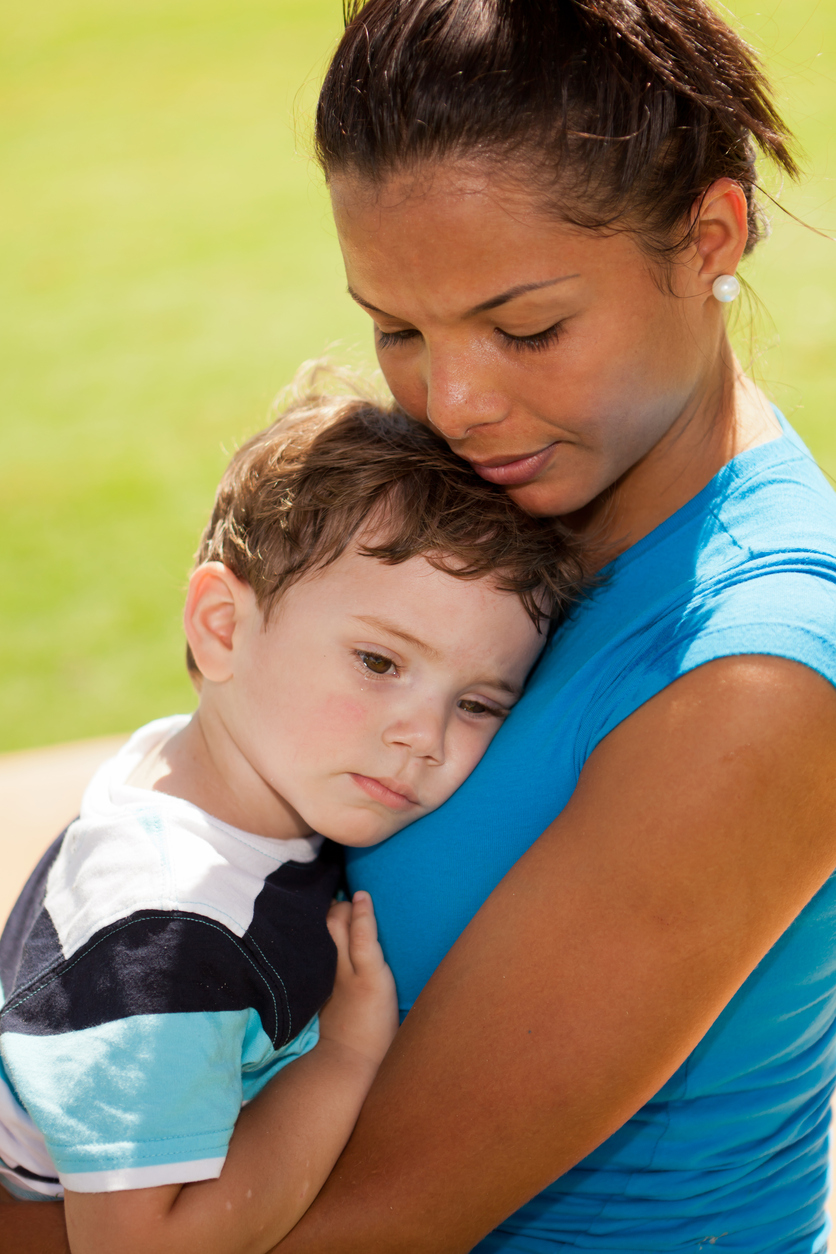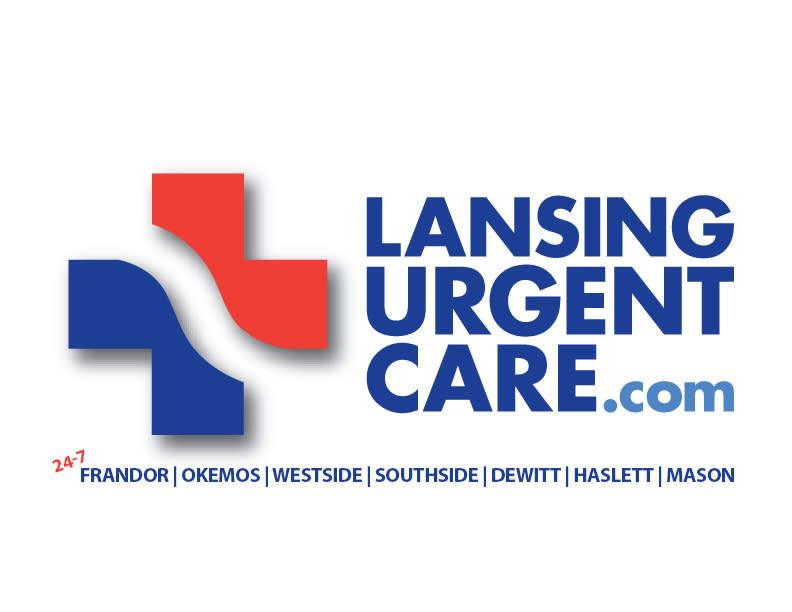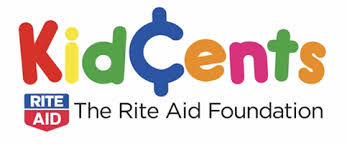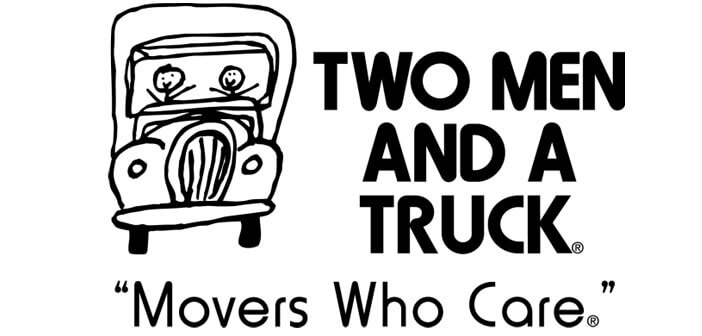How to Discuss Tragedies with Children
10/02/17
In times like this, it is difficult as and adult to process such a tragedy and as parents it is often hard to know how to broach the topic with our children. Some children will learn about these events from other kids, the internet, the TV or from over hearing their parents. I still remember the day I sat in class and learned about September 11th. The point is that they will learn about it and it will be a complicated thing for them to understand. Discussing tragedies, such as last night’s shooting in Las Vegas is a deeply personal decision among each family and there is no perfect way to do so.
 If and when the discussion takes place the needs of each child will vary depending on factors such as their age, maturity, anxiety levels, and whether they have experienced past trauma.
If and when the discussion takes place the needs of each child will vary depending on factors such as their age, maturity, anxiety levels, and whether they have experienced past trauma.
To beginning the conversation eliminate distractions and make sure that you are straight forward about what happened, without being overly graphic. You can begin the conversation by asking what the child already knows.
Next, explain what occurred and where, this way they understand the difference between the event that took place and how it differs from people getting hurt everyday. “Last night in (Location), (what happened.)”
Let them know that it is okay to feel upset, scared, anxious, and any other range of emotions they are experiencing. Allow your child to talk about these feelings and allow them to ask any questions that they may have. In this situation it is okay to respond with “I don’t know.” It is an honest answer.
For kids that are too young to verbally discuss their feelings, give them outlets to explore their emotions such as drawing, coloring and imaginative play.
Your child may worry about the safety of family members and friends. To ease this you can reach out to these people ahead of the conversation to ensure safety, and let the child know that you have talked to them and they are okay.
Rather than saying things like, “everything will be okay.” or “this will never happen again.” focus on the fact that the child and those they love are safe, and that you will do everything you can to protect them. Let them know that police are working hard to make sure that people are safe and to help those that are hurt. To help the child to feel safe, stick to your normal routine but give extra hugs and affection to reinforce security. Children may feel helpless, which will breed more anxiety. To remedy this you can work on ideas to help the victims of the tragedy such as volunteering or making a donation. This helps build empathy and puts less focus on the devastation and helplessness of the event and more on hope.
As much as possible try monitor the child’s media consumption. It may be difficult with the availability of information on the internet, but with disasters there will be an overwhelming amount of coverage that could breed unnecessary fear of the child’s safety.
Make sure to keep an eye on your children’s behavior moving forward. Though children and teens may appear okay, they may have a hard time processing the catastrophe and could exhibit regressive or acting out behaviors. If the child becomes especially clingy, is wetting the bed, having trouble sleeping or is acting out, you may need to get help.
Having these open and honest conversations with our children is important, but it is also important not to forget about your own mental health. Seek support from family, friends and counselors and utilize good coping skills.

















.png)
















































